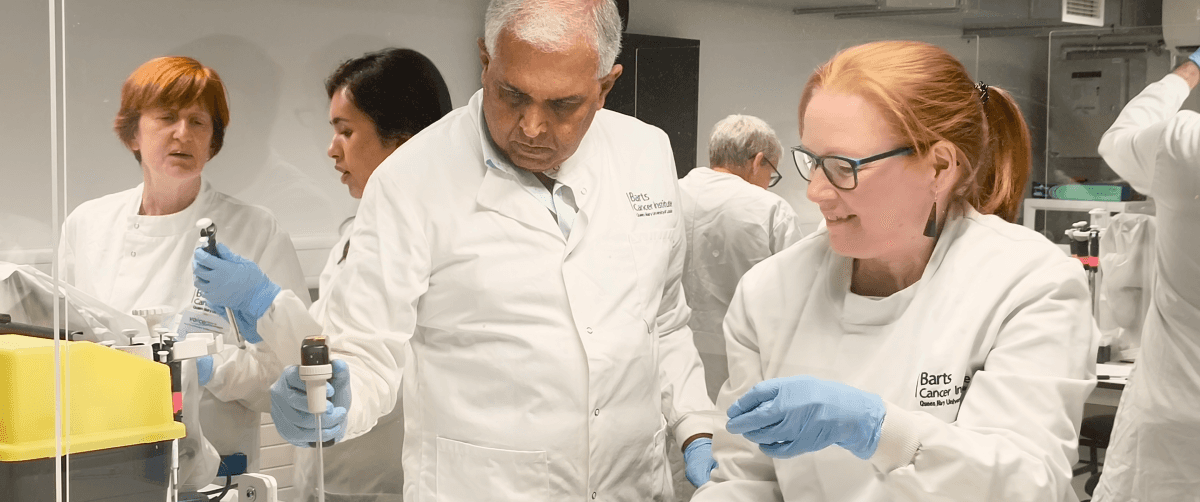
Rashmi Kumar is a member of our Involvement Network and the Research and Strategy Cancer Insights Panel. As a carer and bereaved family member, he brings valuable insight into the everyday challenges faced by patients and their families. Living in a diverse and disadvantaged community, Rashmi has helped shape patient and public involvement and engagement (PPIE) policy across local health networks. He was recently invited to attend VOICE – Science for Patient Advocates study week, run by Independent Cancer Patients' Voice. The course offers an introduction to cancer biology, research terminology, and study design, helping participants build confidence in engaging with research.
When I first heard about the VOICE: Science for Patient Advocates course, I wasn’t sure if I could manage five full days of learning. I wondered, Will I be able to cope? But to my surprise, the course was not only easy to follow, it gave me something I hadn’t felt in a long time... HOPE.
The course brought together people like me, living with cancer, to learn about the science behind cancer and how we can all support each other. The lecturers and staff at Barts Cancer Institute were incredibly respectful and helpful. They explained the biology of cancer in a way that made sense to us non-scientists and showed us how science and technology are helping us to fight back.
One of the most powerful moments for me was learning how cancer begins, from the first DNA mutation and how this can be stopped from spreading. I was amazed by the progress that’s already been made, especially in early diagnostics and treatment development. It made me realise that there is real hope and it is being delivered, and that we all have a role to play in working together in pushing things forward.
I now feel informed and confident talking about cancer pathways and the importance of early diagnosis and technology. I feel confident to speak to the public, to funders, commercial partners and to policy makers, because I understand the science. That’s something I never thought I will be able to do.
There were surprises too. I learned that some treatments are becoming less effective as cancer cells adapt to become resistant. But I was encouraged to hear how research is also evolving fast in helping to reactivate existing drugs that had stopped working. It’s incredible how fast science is moving.
I learned so much. This course helped me answer some of the hardest questions I’ve faced, like “Why me?” It helped me realise that cancer isn’t just bad luck. It’s a biological process. Any of us can be impacted by cancer. Most of the time, our 'good' cells destroy 'bad' mutation cells. But sometimes, these 'bad' cells hide and multiply, that's what eventually leads to cancer. Unfortunately, this is our biology.
But we’re learning how to stop this process. With science, technology, and teamwork, we’re already finding solutions to some cancers with over 95% success. For others, we’re still searching, but we’re getting closer.
We need everyone; scientists, academics, pharmaceutical companies, tech firms, policymakers, and the public - to work together. That’s how we’ll find the cures. We will win, just like we did for smallpox, TB, and diabetes.
So, get involved. Encourage others. Help one another. Together, that’s how we’ll succeed.